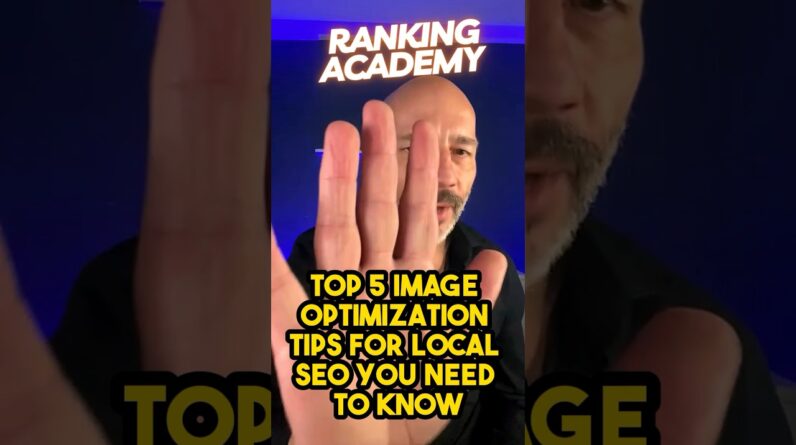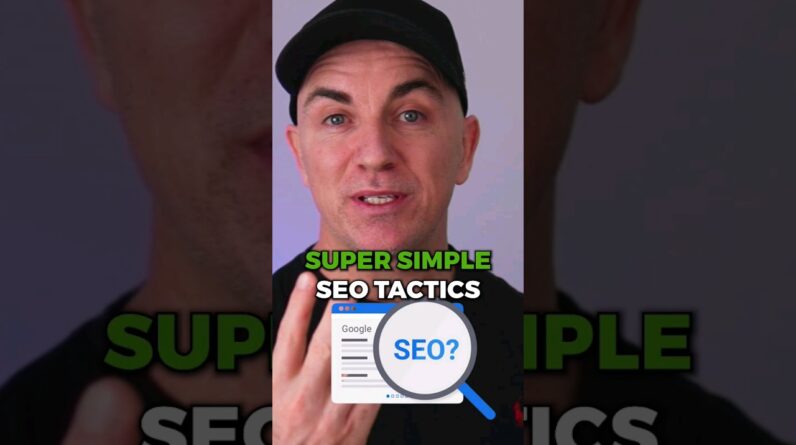30-second summary:
- Content does not equal authority: Creating content doesn’t automatically makes you an authority
- Automation is good but don’t hinder creativity and expertise with smart AI tools
- Not all of your content is going to rank or go viral, but will help you understand and strategize according to your target audience
Are you happy with how your content marketing strategy performs?
Chances are, you are (or your marketing team is) doing it wrong, and, from experience, those mistakes are often fundamental.
Content marketing is more than content that ranks – it’s the most effective way to promote your brand.
However there are too many myths that prevent your content marketing strategy from working.
Here are the most common ones:
It is still surprisingly a widespread phenomenon: Someone publishes their first article and expects to wake up famous.
Just because you produce content it doesn’t make you an authority on your industry.
To do that, you have to regularly produce top content and be cited by other authorities as a reliable source. It’s not the fact of content, it’s the type of content.
A blog is enough
Having a blog is a good first step in content marketing.
But too many companies start blogs just because their competitors did.
If there is no planning or strategy, there’s no point in having a blog. Think of your blog as a pillar of your content marketing strategy. It’s a core platform for publishing original content to show thought leadership and build authority.
But just like building a house, your strategy needs other pillars, or it will collapse. Assuming your blog is all you need is a mistake.
The first question to ask yourself prior to starting a blog is “why?” Define your goals, and go from there. Plan content using keyword research and analysis, include your customer support to better understand your customers’ needs, using surveying, etc. Blogging involves a lot of planning.
More is more
If you’re seeing the benefit of producing a single piece of content, how much more attention would you get if you produced dozens really quickly?
It’s a risky strategy because you could overwhelm your audience with too much stuff. And if you’re so focused on quantity that you forget about quality, the content will actually HURT your reputation and rankings (Google is now insisting on helpful content which means content quality is crucial).
A better option? Produce well researched and authoritative content at regular intervals to boost your reputation and increase conversions. If you can, delegate content creation to your team members. You’ll be surprised how much talent you already have in your company.
Don’t publish more content than you have time to promote.
Automation can’t hurt me
Don’t get me wrong here: Some forms of automation are helpful and sometimes even necessary. You cannot succeed in email marketing without using automation to personalize it. Likewise, web analytics reporting and monitoring usually involves some level of automation.
Automation is dangerous when you start automating human interactions or creative processes. Yes, artificial intelligence can now automate your content creation but it is detectable (and probably soon punishable).
Over scheduling and over-automating can definitely hurt as well. Sure, it makes sense to schedule content for the times when you’re not available, but showing up and being there to talk is what builds the relationship.
Unless you’re already a mega-brand, if every tweet or share is automated, you’ll see the results in lower engagement.
If something works, why change it
Content marketing is one the fastest-moving marketing channels. What worked yesterday may actually hurt you today.
Too many businesses hang on to their old marketing tactics for too long. Yes, a decade ago a 300-word mediocre article could very well rank if you buy a couple of backlinks to it, but those days are long gone and both of these tactics may actually get your site flagged and filtered today.
Keep educating yourself, discovering new tactics and monitoring what is no longer acceptable. When it comes to corporate and brand-driven blogging, building trust is much more important than quick wins.
Content marketing is about advertising
Content does not translate into relentless promotion of your products and services.
Content marketing should provide something useful to the people who grab your content.
Don’t worry; you are allowed to use the soft sell, for instance in white papers where you identify a problem and show how your product can solve it.
In other words, you can create a conversion funnel from your content, but it is going to be a longer funnel from your commercial landing page. Instead of selling something right away, you’ll probably need to give away some downloadable content or entice your reader to become your subscriber.
Content marketing is about link building
Content marketing is about providing great content that builds authority and helps customers make favorable decisions about your brand, product or services.
Of course, if you create great content, then other people will think it’s worth talking about and link back to your site. Focus on creating content with depth, interest and relevance to users and you’ll get authority, search engine prominence and backlinks.
Everyone dreams of creating a piece of viral content, but don’t worry if you can’t. If it doesn’t happen, it doesn’t mean your content marketing campaign is a failure.
Measure your success in the amount of attention you get for your products and services and brand.
As long as you are reaching those goals, then your content marketing campaign is a success. Virality, if it happens, is just a fringe benefit.
Content marketing is easy
This is the biggest myth of all.
Sure, if you equate content marketing with just blogging or just doing social media, you might think it’s easy to do. But it’s not. Successful content marketing means thinking about content types and goals so you get the most benefit from your efforts.
It’s not easy, but that’s why the rewards are so large for the people who understand it and do it right.
Ann Smarty is the Founder of Viral Content Bee, Brand and Community manager at Internet Marketing Ninjas. She can be found on Twitter @seosmarty.
Subscribe to the Search Engine Watch newsletter for insights on SEO, the search landscape, search marketing, digital marketing, leadership, podcasts, and more.
Join the conversation with us on LinkedIn and Twitter.
The post Move on from these nine fundamental content marketing myths appeared first on Search Engine Watch.








